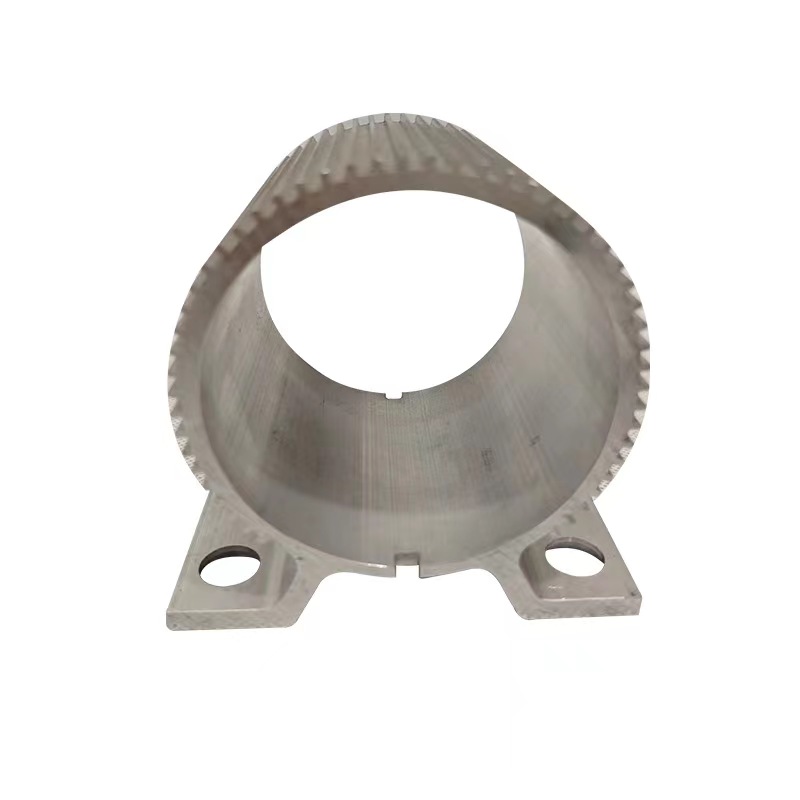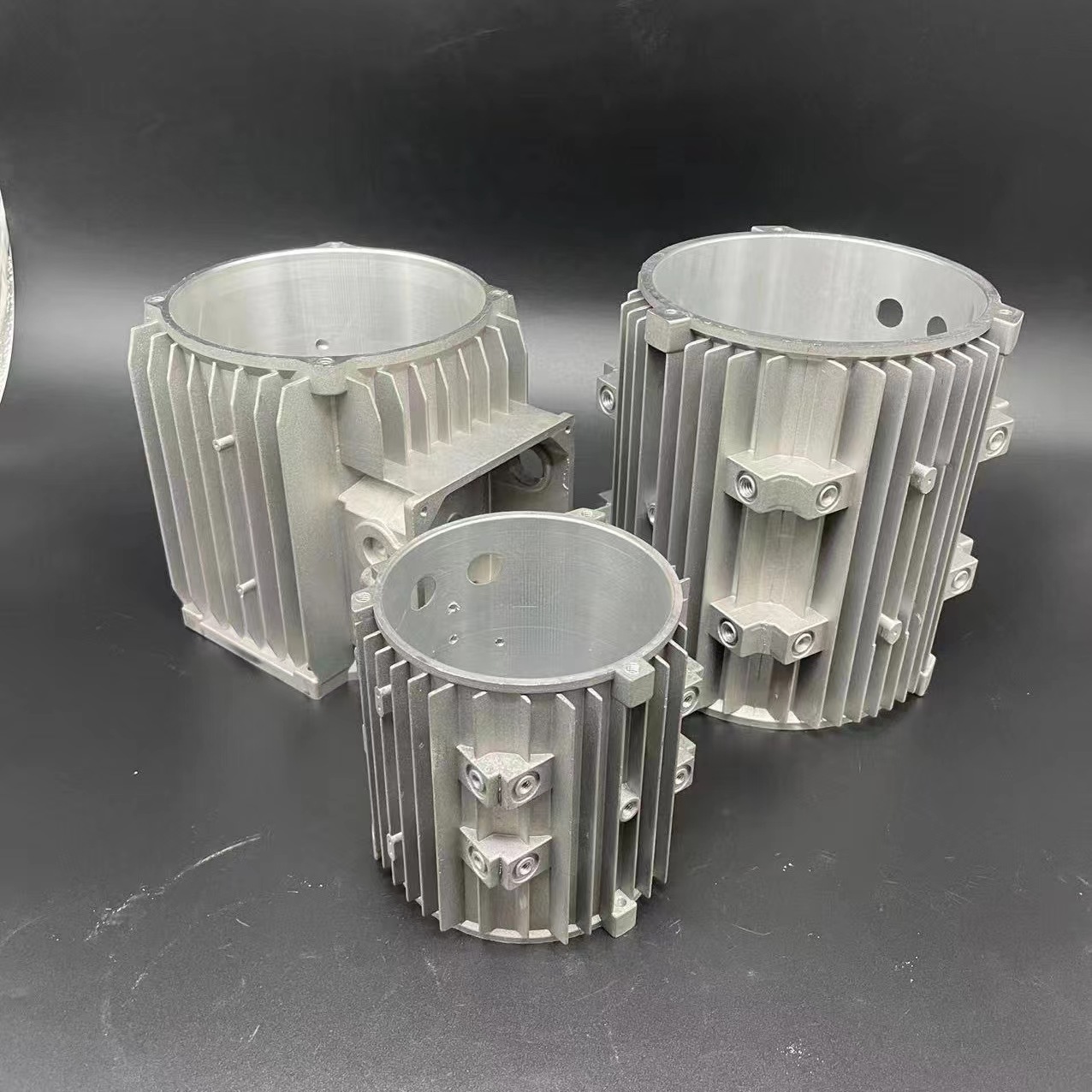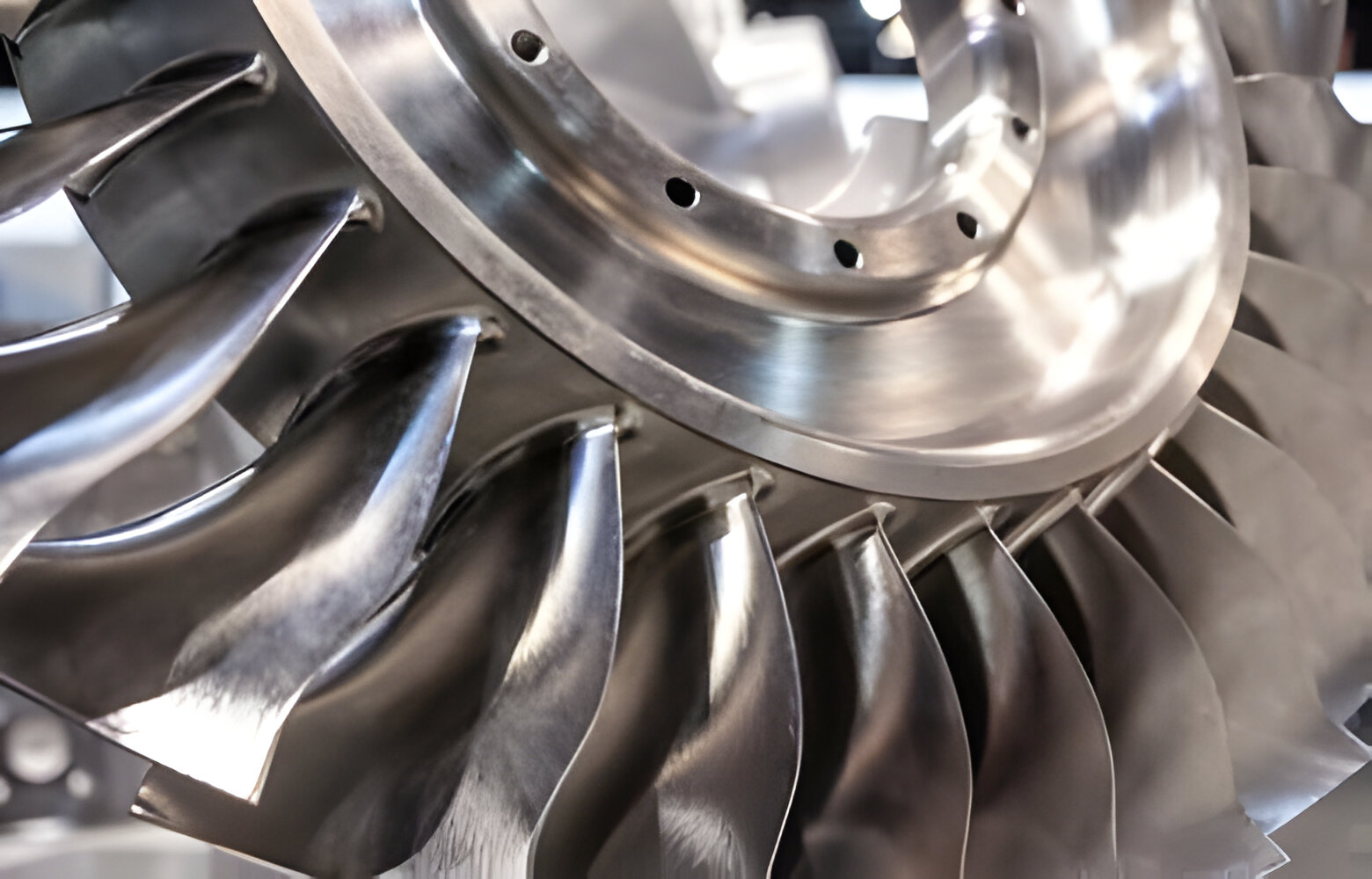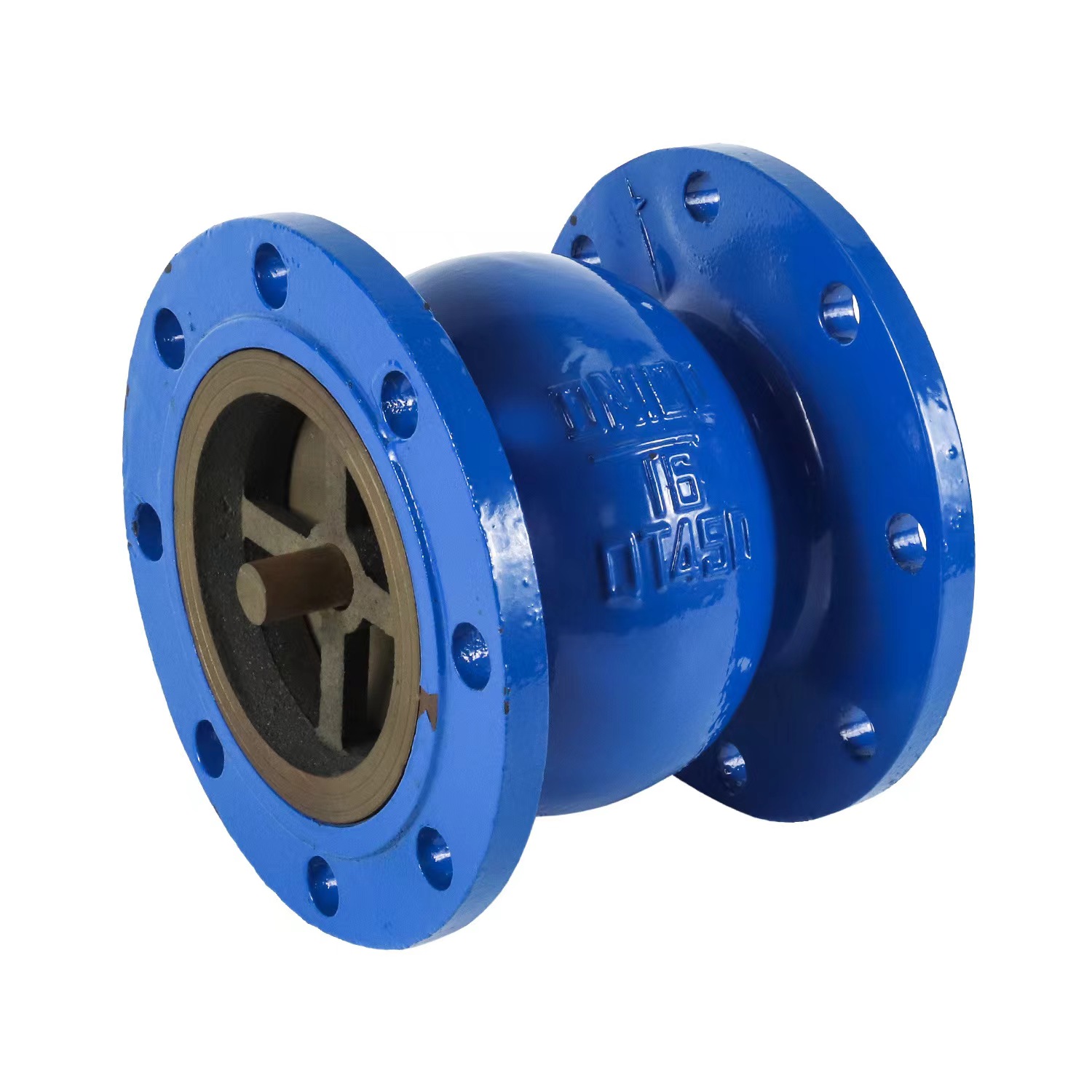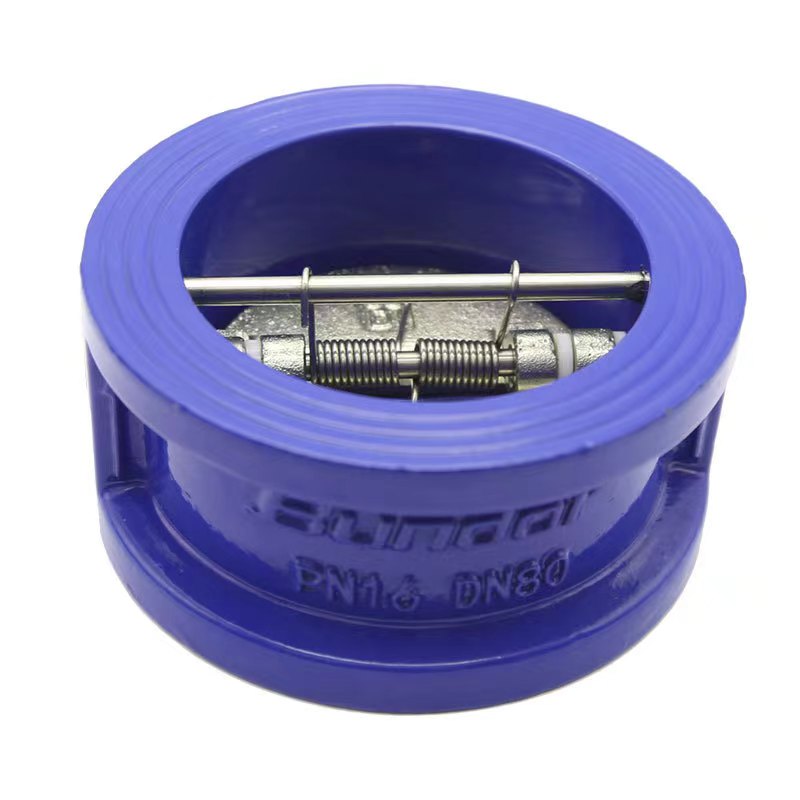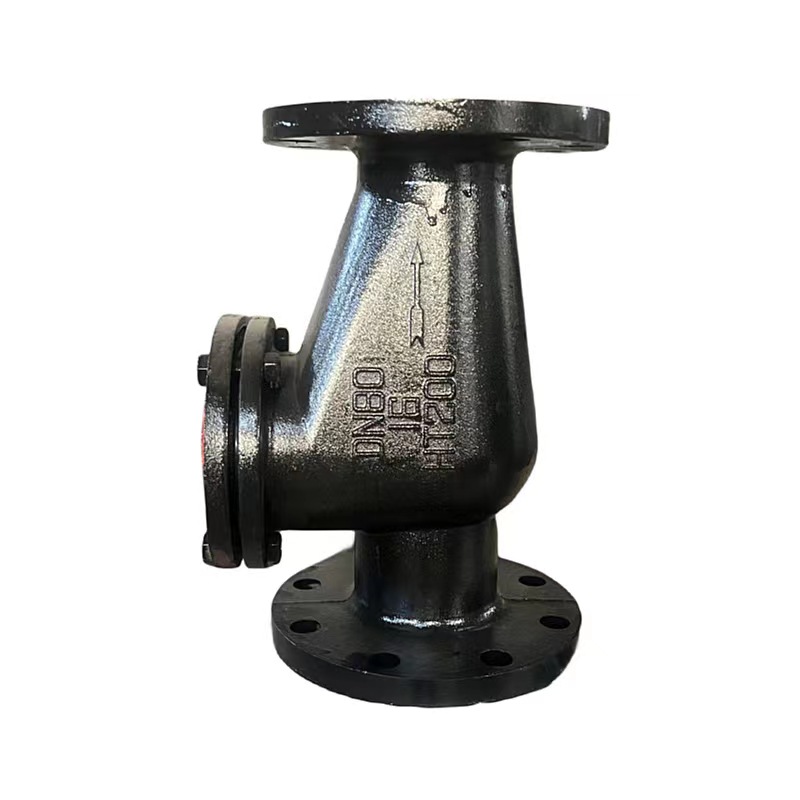In the world of electric motors, the housing not only plays a protective role but also significantly influences the performance and longevity of the motor itself. With advancements in material science and manufacturing technologies, aluminum die casting has emerged as a preferred method for producing motor housings. This article delves into the world of aluminum die casting housing, focusing on its applications in servo motors and other electric motor systems, highlighting the manufacturing process, common applications, and the advantages of choosing aluminum motor housings.
Introduction to Aluminum Die Casting for Motor Housings
Aluminum die casting is a precision manufacturing process where molten aluminum is injected under high pressure into a mold, commonly known as a die. This process allows for the production of complex shapes with high dimensional accuracy and smooth finishes. When it comes to motor housings, aluminum’s lightweight, excellent thermal conductivity, and corrosion resistance make it an ideal choice.
Manufacturing Process
The manufacturing of aluminum die casting housing involves several key steps. Initially, the aluminum alloy is melted and maintained at the correct temperature. The molten aluminum is then injected into a steel die at high pressures, which ranges from 1,000 to 20,000 psi. The high pressure ensures the aluminum fills every part of the die, capturing intricate details and producing a high-integrity structure. After cooling, the cast is ejected from the die and goes through processes such as trimming, machining, and surface finishing to meet precise specifications.
Applications and Scenarios
Aluminum die casting housings are predominantly used in the automotive and industrial sectors. Servo motor housings, electric motor casings, and general motor housing covers are common applications. In servo motors, these housings contribute to the precise control and positioning mechanisms by providing a stable and sturdy frame that reduces vibration and enhances heat dissipation.
Beyond industrial applications, aluminum die cast housings are also used in consumer electronics, healthcare devices, and robotics. Each application benefits from the durability and lightweight nature of aluminum, making it a versatile choice for diverse environments.
FAQs
- Why choose aluminum for motor housing? Aluminum offers superior thermal conductivity, which helps in efficient heat dissipation, crucial for maintaining the optimal performance of electric motors. Its resistance to corrosion and light weight also add to the durability and functionality of the motor.
- Can aluminum housings be customized? Yes, the flexibility of the die casting process allows for high levels of customization in design and dimensions, catering to specific requirements and innovative designs.
- How does aluminum die casting compare to other methods? Compared to other processes like sand casting or forging, die casting delivers superior surface finishes and dimensional accuracy with faster production cycles, making it economically viable for large volume production.
Contact Us
For more information on our aluminum die casting motor housings or to discuss your specific requirements, please visit our website at kt-foundry. Our expert team is ready to assist you with high-quality, durable motor housing solutions that can enhance the efficiency and longevity of your applications.

